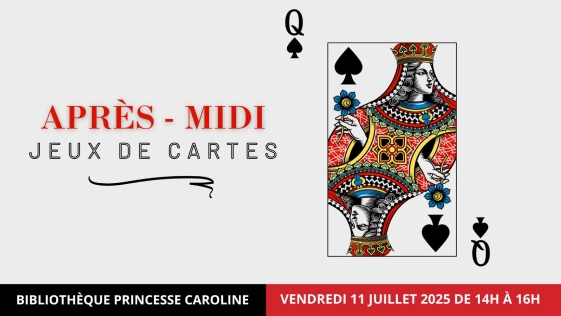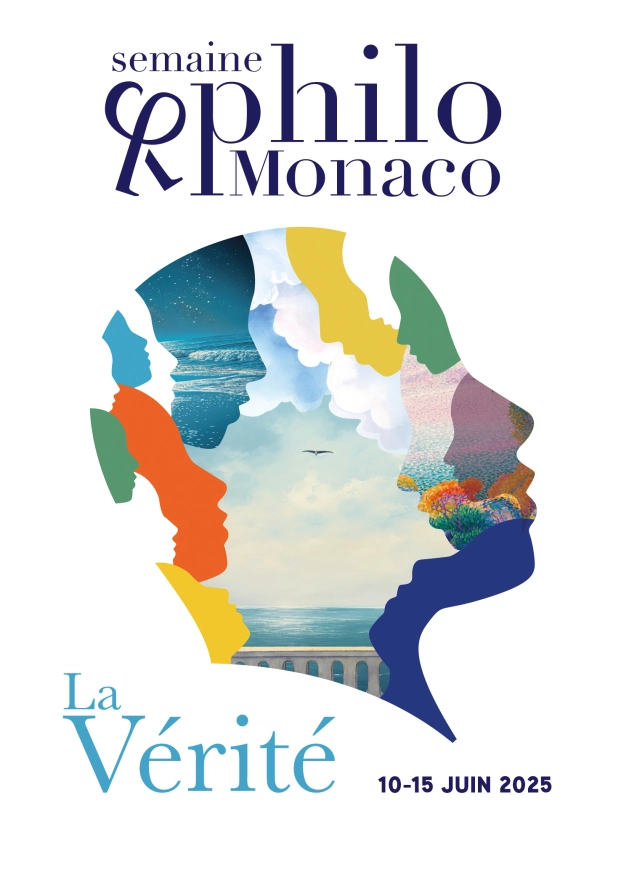
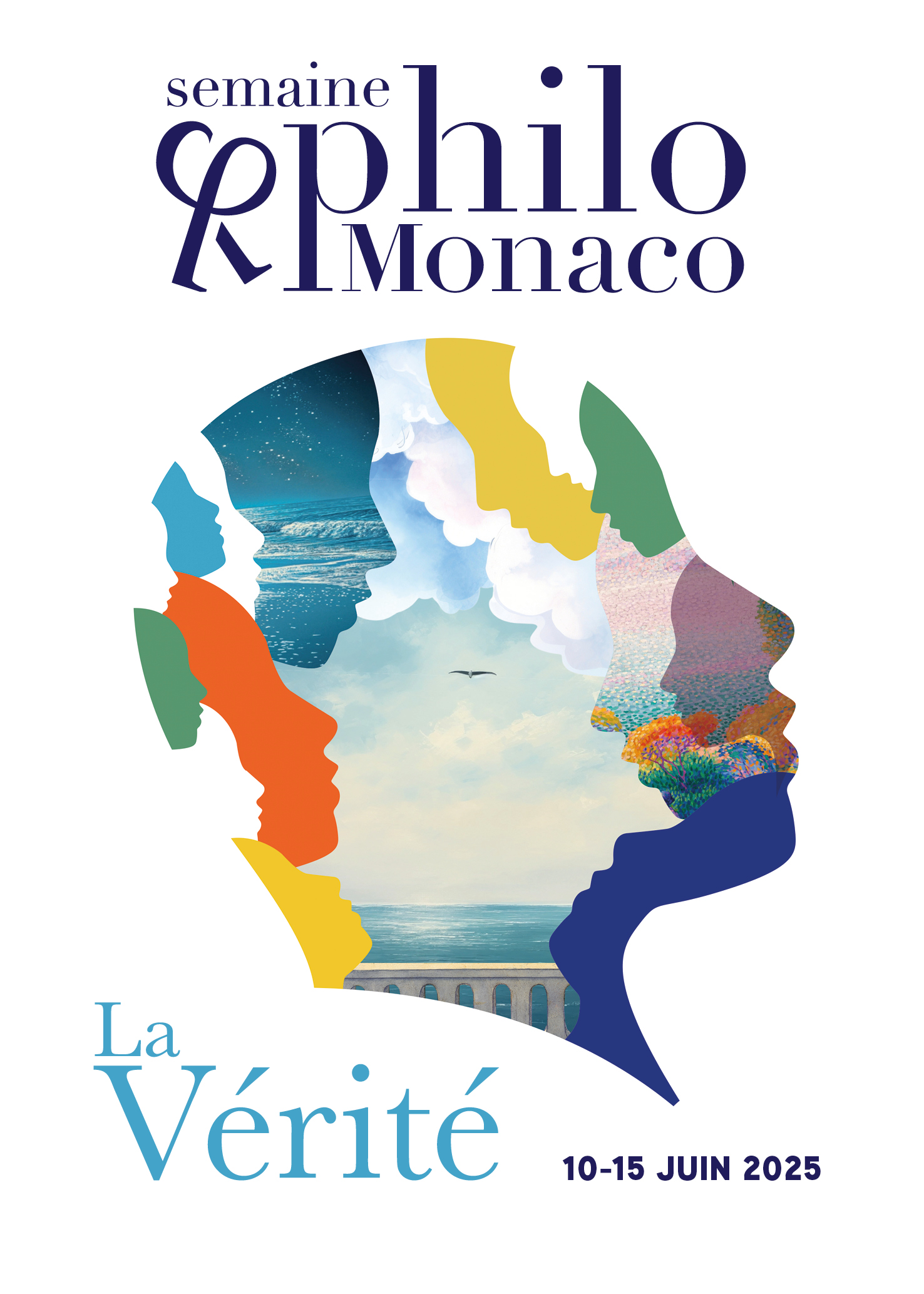
The difficulty of telling the truth and making it heard

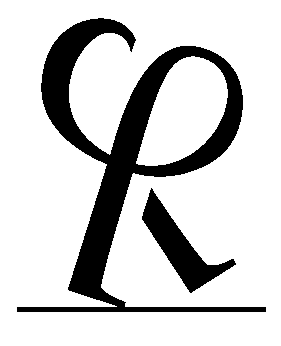
Introduction
- Women
Presented by Laurence Joseph, psychologist and psychoanalyst
With Florence Askenazy, psychiatrist and professor of psychiatry
- Care
Presented by Robert Maggiori, philosopher
With Flora Bastiani, philosopher
Dr Jean-François Ciais, head of the Supportive and Palliative Care Department of the CHPG
When the truth "erupts", it's unlike a gun aimed at a target, but more like a terror machine, which blindly explodes in all directions, striking everyone with its shrapnel - a family, a crowd, a community, a society. That's why it can be so challenging to expose the truth when the person in possession of it knows its importance and is well aware of the consequences of revealing it. It's even more difficult to hear when it tears down everything you believed in and the foundations of your existence. In this sense, the difficulty of telling the truth decreases if its revelation comes with the awareness that the person (or group, community etc.) receiving it is "armed" to receive, i.e. can integrate the revelations into the fabric of their own life (values, perspectives, hopes etc.) or that of the group concerned. On the contrary, the difficulty increases when the truth - or the reality of a fact, a betrayal, an abuse, a humiliation "cannot" be heard because of a lack of capacity: this is the case of a child, for example, who may not have the intellectual strength or emotional resistance to "hear" and understand the news of their parents' imminent divorce or the loss of a classmate; the case of a woman who has been subjected to violence and is unwilling to confess or denounce it, because of a bond forged with her abuser or through fear of shame; the case of an individual with minor behavioural concerns who is diagnosed with a serious mental illness; the case of a person whose life is precarious and has a fragile state of mind, to whom a doctor must break the news of cancer, or the case of a patient in palliative care, who is unable to process what they have been told in the context of time or plans. Is the truth like the sun, which we cannot "stare at directly"?
Informations
Similar events
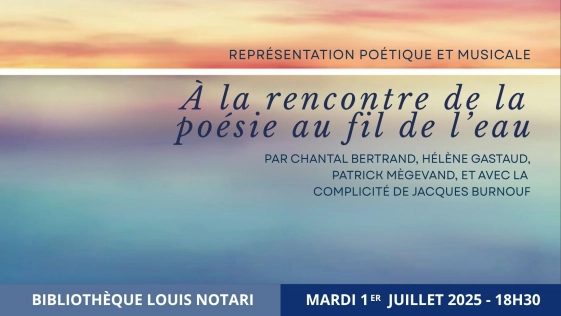
Représentation poétique et musicale "A la rencontre de la poésie au fil de l’eau" par Chantal Bertrand, Hélène Gastaud, Patrick Mègevand, et avec la complicité de Jacques Burnouf
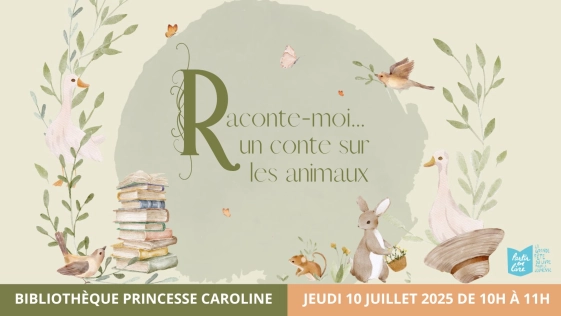
Raconte-moi...un conte sur les animaux + 4 ans
